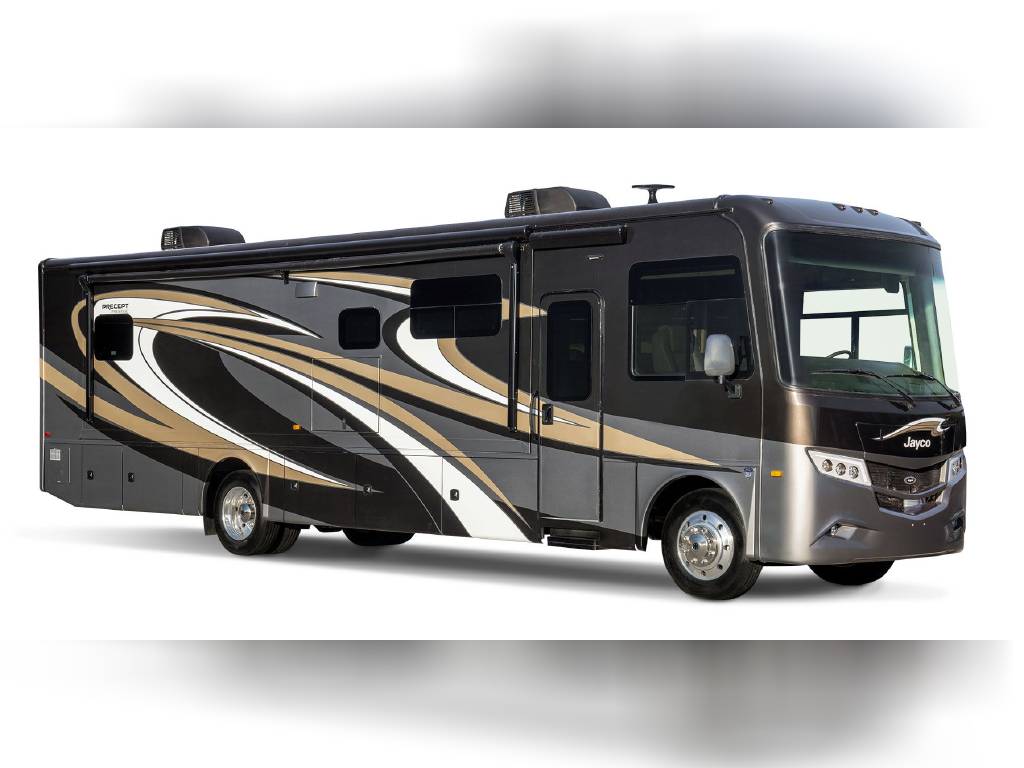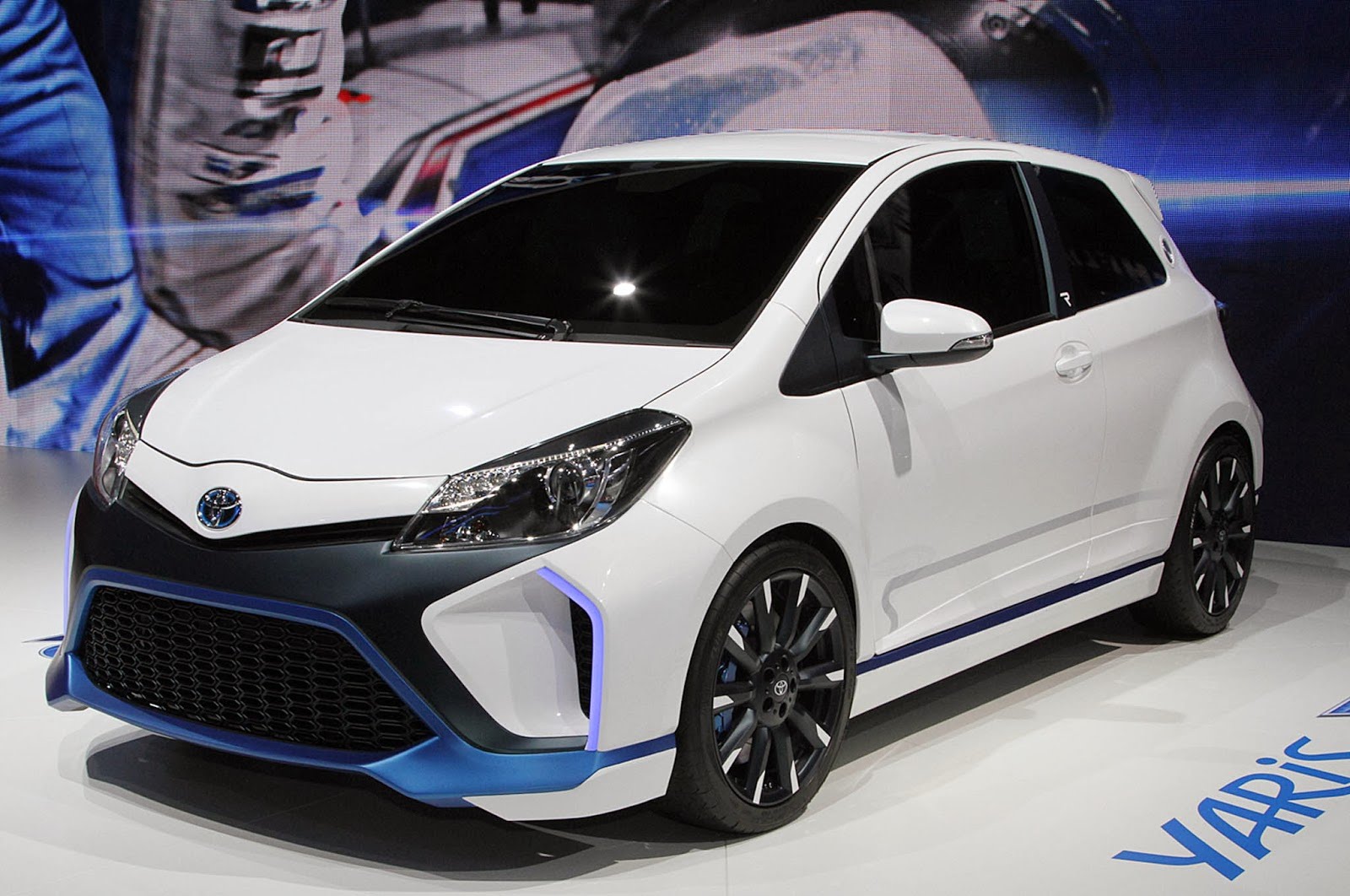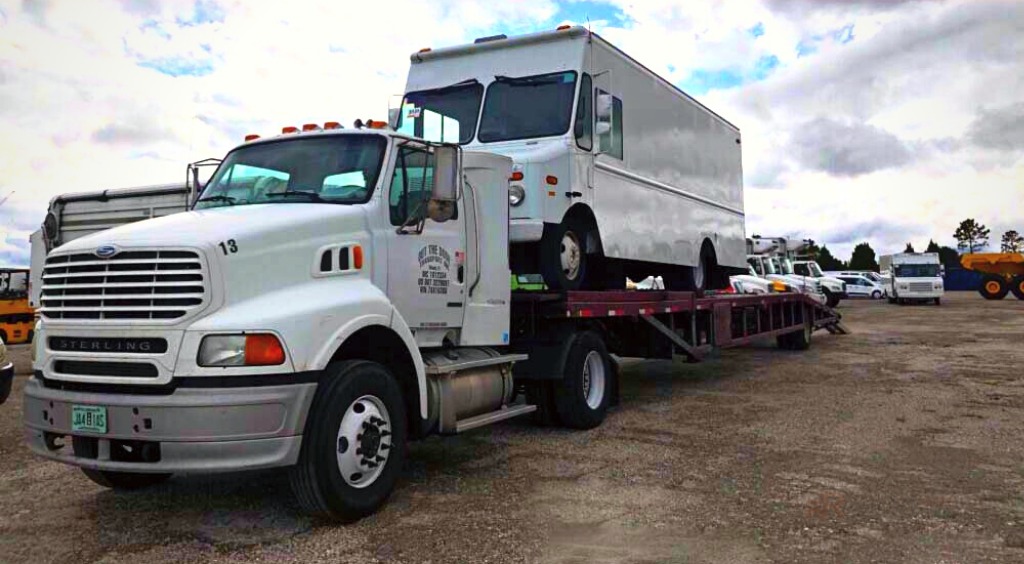Introduction
Are you considering the possibility of living in an RV? As the cost of housing continues to rise, many people are exploring alternative living options, and living in a recreational vehicle (RV) is becoming increasingly popular. But is an RV cheaper than a house? In this article, we’ll dive into the pros and cons of RV living and explore the financial aspects to help you determine if living in an RV is a more affordable option compared to traditional homeownership.
Cost of RV Living
One of the main reasons why people consider living in an RV is the potential cost savings. RVs come in various sizes and styles, from basic models to luxurious motorhomes, and the cost of purchasing an RV can vary greatly. However, in general, RVs are typically cheaper than houses when comparing the upfront costs. A basic, used RV can cost anywhere from $10,000 to $50,000, while a larger, more luxurious RV can range from $100,000 to $500,000 or more.
Maintenance and Utilities
Another aspect to consider when evaluating the cost of RV living is ongoing maintenance and utilities. RVs require regular maintenance, including routine inspections, repairs, and replacements of components such as tires, brakes, and engines. These costs can add up over time and should be factored into your budget. However, compared to the maintenance and repair costs of a house, RV maintenance costs are generally lower.
In addition, utilities such as water, electricity, and gas are typically lower in an RV compared to a traditional house. RVs are designed to be energy-efficient, with built-in systems for water and waste management, heating, and cooling. Many RV parks also offer amenities such as free or discounted utilities as part of the monthly rental fee. This can result in significant savings compared to the utility costs of a house, especially in areas with high utility rates.
Insurance and Taxes
When it comes to insurance and taxes, RV living can be more affordable than traditional homeownership. RV insurance typically costs less than homeowners insurance, as RVs are considered vehicles rather than permanent residences. The insurance coverage for an RV will depend on the type, size, and value of the RV, as well as your personal coverage needs. Property taxes are also typically lower for RVs compared to houses, as RVs are considered movable property rather than real estate. However, it’s important to check the regulations and requirements in your specific area, as they can vary.
Lifestyle Flexibility
One of the unique benefits of RV living is the lifestyle flexibility it offers. Living in an RV allows you to travel and explore different locations, which can be a significant advantage if you enjoy a nomadic lifestyle or want to experience different climates and cultures. This flexibility can also lead to potential cost savings, as you have the option to move to areas with lower costs of living or to avoid expensive housing markets.
Downsides of RV Living
While there are cost advantages to RV living, it’s also important to consider the potential downsides. RVs typically have limited space, which can be challenging if you have a family or need a dedicated workspace. Storage can also be an issue, as RVs have limited storage capacity for belongings and personal items. Additionally, RV living requires you to be constantly on the move, which may not be suitable for everyone. RV parks and campgrounds also charge monthly rental fees, which can add to the overall cost of living in an RV.
Depreciation and Resale Value
Another factor to consider when evaluating the cost of an RV is depreciation and resale value. RVs, like vehicles, depreciate in value over time. This means that the RV you purchase today may not be worth the same amount when you decide to sell it in the future. The rate of depreciation can vary depending on the brand, age, and condition of the RV, as well as market factors.
However, it’s worth noting that some RVs, particularly higher-end models, tend to hold their value better compared to lower-end or older models. This means that investing in a higher-quality RV may result in a better resale value in the long run. It’s also important to consider the potential costs of repairs and upgrades that may be needed to maintain or improve the resale value of your RV.
Lifestyle Considerations
Beyond the financial aspects, it’s crucial to think about the lifestyle considerations when deciding between an RV and a traditional house. RV living can offer a unique and adventurous lifestyle for those who enjoy travel, exploration, and the freedom of the open road. It can provide opportunities for new experiences, meeting new people, and creating lasting memories. RV living can also allow for a simpler and more minimalist lifestyle, with fewer possessions and a smaller environmental footprint.
On the other hand, living in an RV may not be suitable for everyone. It requires a certain level of flexibility and adaptability, as well as the ability to handle the challenges of living in a smaller space. It may also be challenging if you have specific needs or requirements, such as a large family, pets, or a need for stability and permanence. It’s important to carefully consider your lifestyle preferences and needs when deciding if an RV is a more affordable option for you compared to a traditional house.
Conclusion
In conclusion, whether an RV is cheaper than a house depends on various factors, including the upfront costs, ongoing maintenance and utility expenses, insurance and taxes, lifestyle flexibility, depreciation and resale value, and lifestyle considerations. While RV living can offer potential cost savings compared to traditional homeownership, it’s essential to carefully consider all the financial and lifestyle aspects before making a decision.
RV living can be a fantastic option for those who value freedom, adventure, and flexibility. It can provide a unique and fulfilling lifestyle that may be more affordable compared to owning a traditional house in certain circumstances. However, it’s important to thoroughly research and understand the costs, responsibilities, and lifestyle implications of living in an RV to make an informed decision that aligns with your financial situation, preferences, and needs. Whether an RV or a house is cheaper for you ultimately depends on your individual circumstances and priorities.





